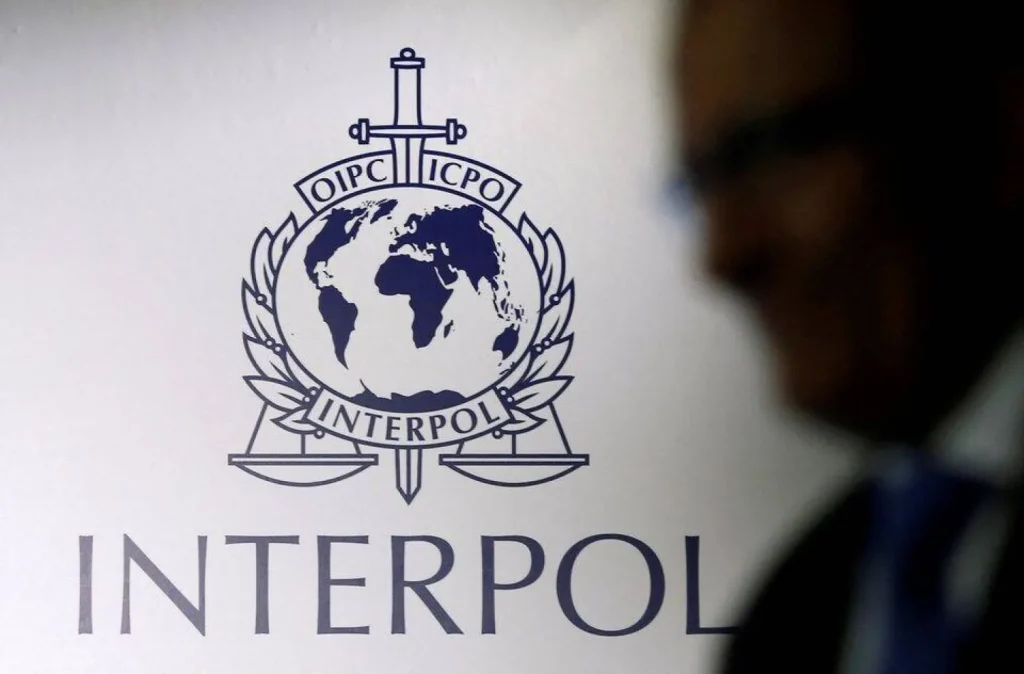On Thursday, June 26, 2025, INTERPOL announced the results of Operation Pangea XVII, a global crackdown on pharmaceutical trafficking that led to 769 arrests and the seizure of illegal medicines worth USD 65 million.
The operation, conducted from December 2024 to May 2025 across 90 countries, marks the largest haul in its 17-year history, highlighting the growing threat of counterfeit and unapproved drugs worldwide.
Record-Breaking Seizures and Arrests
Authorities confiscated 50.4 million doses of illicit medicines and dismantled 123 criminal networks during the operation.
The seized drugs included anti-anxiety medications, Parkinson’s disease treatments, and erectile dysfunction pills, with 93% lacking regulatory approval and 7% identified as counterfeit or misbranded.
In Burkina Faso alone, INTERPOL uncovered 816,000 tablets, including painkillers and anti-inflammatory drugs, hidden in vehicles.
David Caunter, Director of Organized and Emerging Crime at INTERPOL, emphasized the dangers of these products
“Fake and unapproved medications pose a serious risk to public health, potentially causing severe illness or death due to dangerous or illegal ingredients.”
The Role of Online Platforms
The rise of online marketplaces has fueled the spread of illicit pharmaceuticals, creating new opportunities for criminal networks.
“The rapid growth of online platforms has made it easier for these unsafe drugs to reach people,” Caunter noted.
The World Health Organization (WHO) highlighted the challenge of monitoring informal markets and online sales, particularly in low- and middle-income countries where producers use sophisticated methods to evade detection.
Africa’s Struggle with Fake Medicines
In Africa, limited access to healthcare has driven a deadly surge in medicine trafficking.
According to the UN Office on Drugs and Crime, counterfeit medicines contribute to nearly 500,000 deaths annually in sub-Saharan Africa, including 169,271 linked to fake antibiotics used to treat pneumonia in children.
Operation Pangea included 18 African nations: Benin, Botswana, Burkina Faso, Cameroon, Congo, Democratic Republic of Congo, Ethiopia, Gabon, Madagascar, Morocco, Mozambique, Niger, Nigeria, Rwanda, Senegal, South Africa, Togo, and Zimbabwe.
Challenges in Combating Pharmaceutical Crime
The WHO notes that limited resources and infrastructure in many regions make it difficult to address illegal medical products.
The increasing sophistication of counterfeit drug production further complicates detection efforts.
Despite these challenges, Operation Pangea’s unprecedented collaboration across 90 countries demonstrates a global commitment to tackling this public health crisis.
INTERPOL’s latest operation underscores the urgent need for stronger regulations and international cooperation to curb the trade in counterfeit medicines and protect public safety.




















